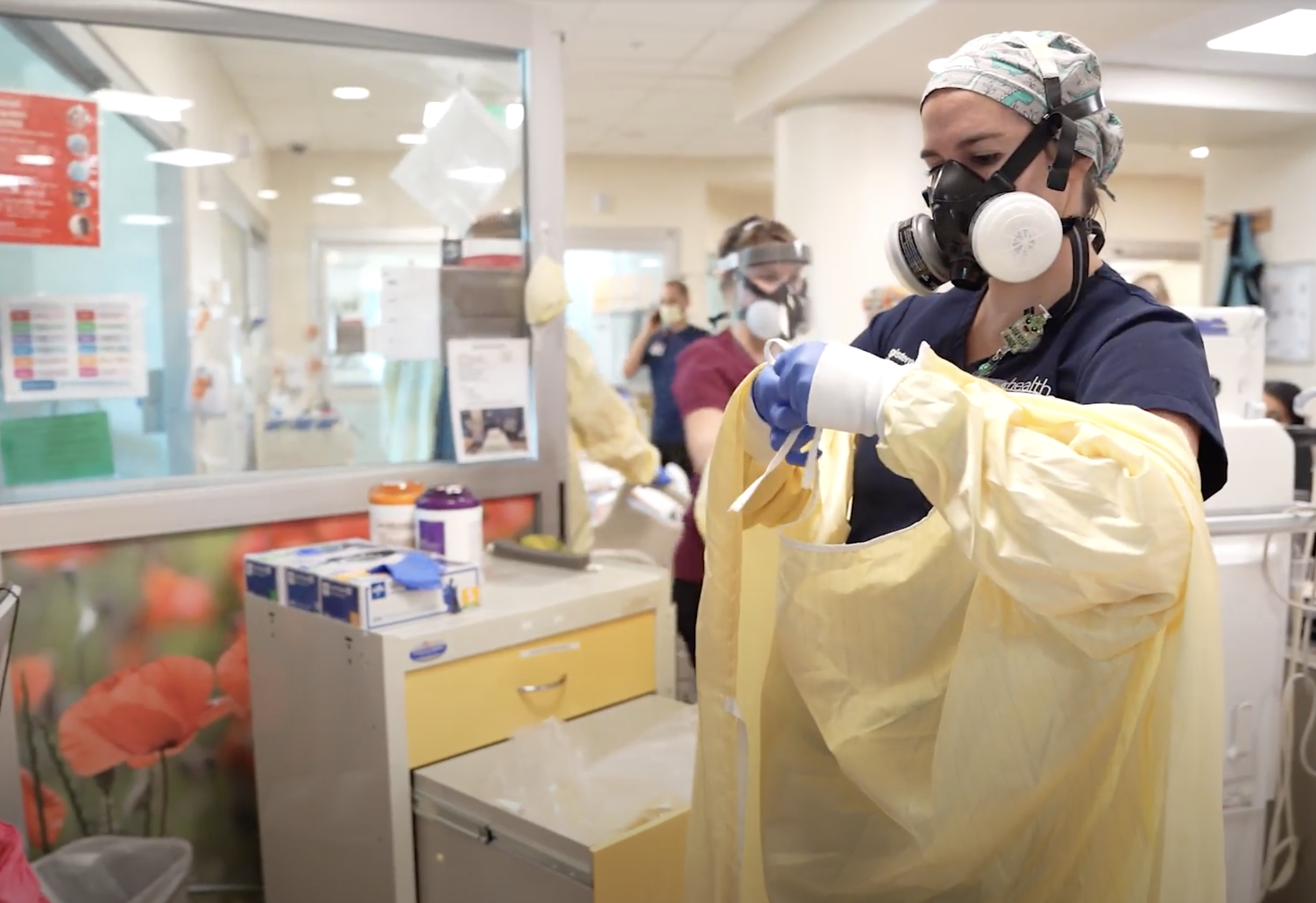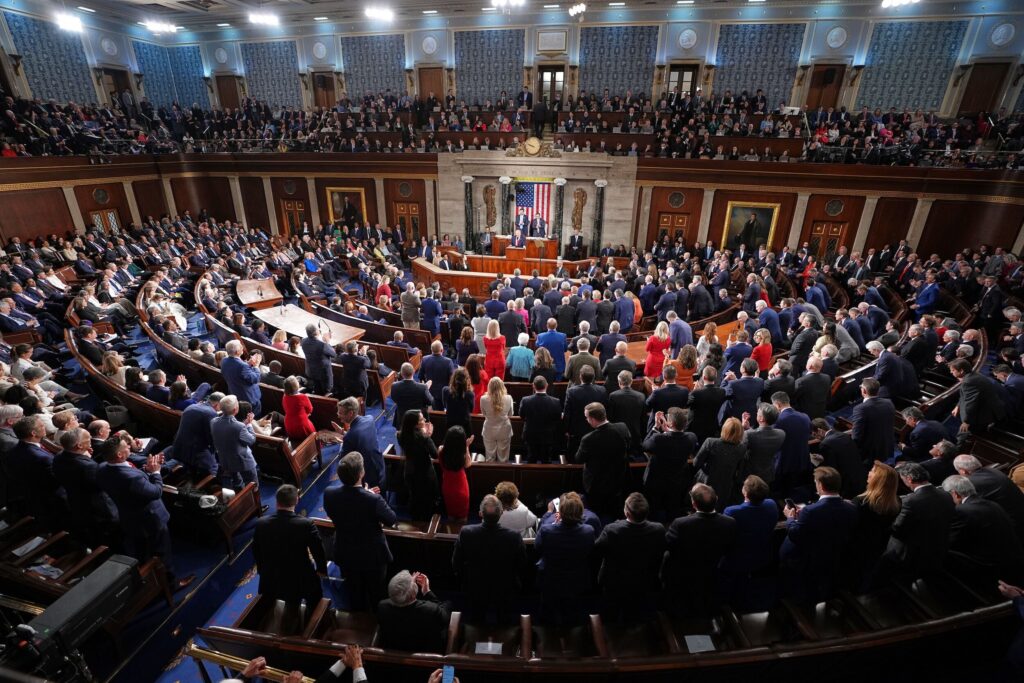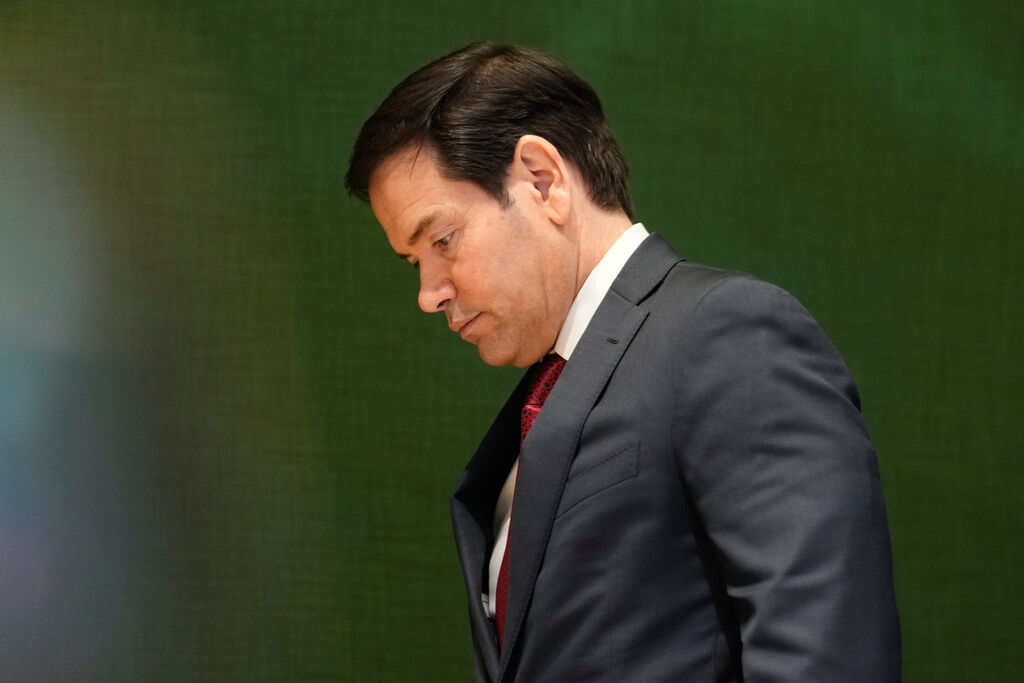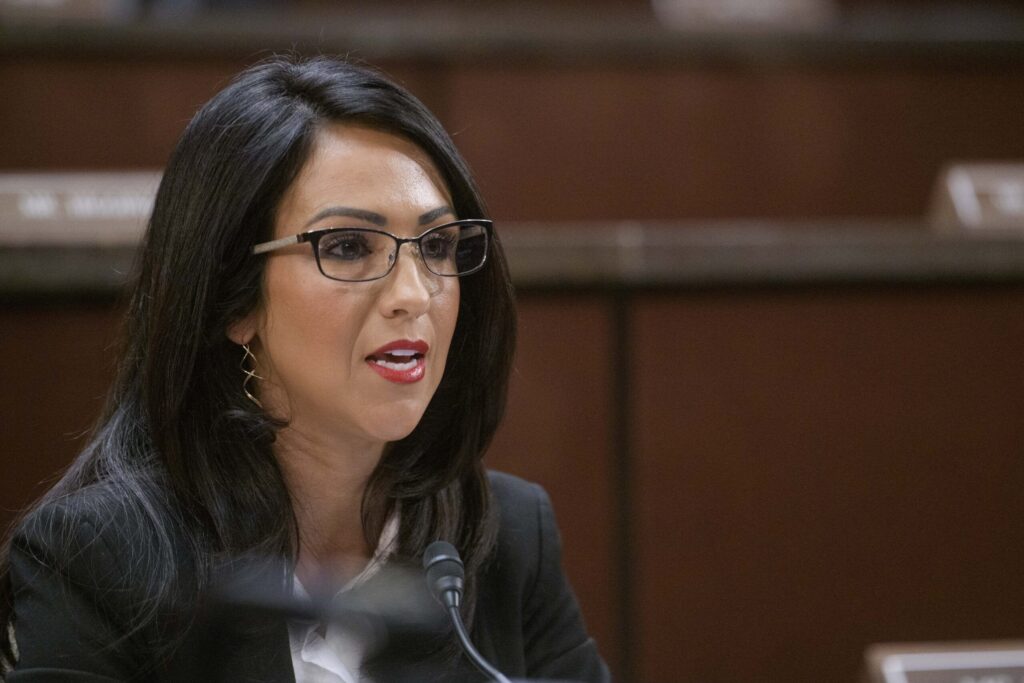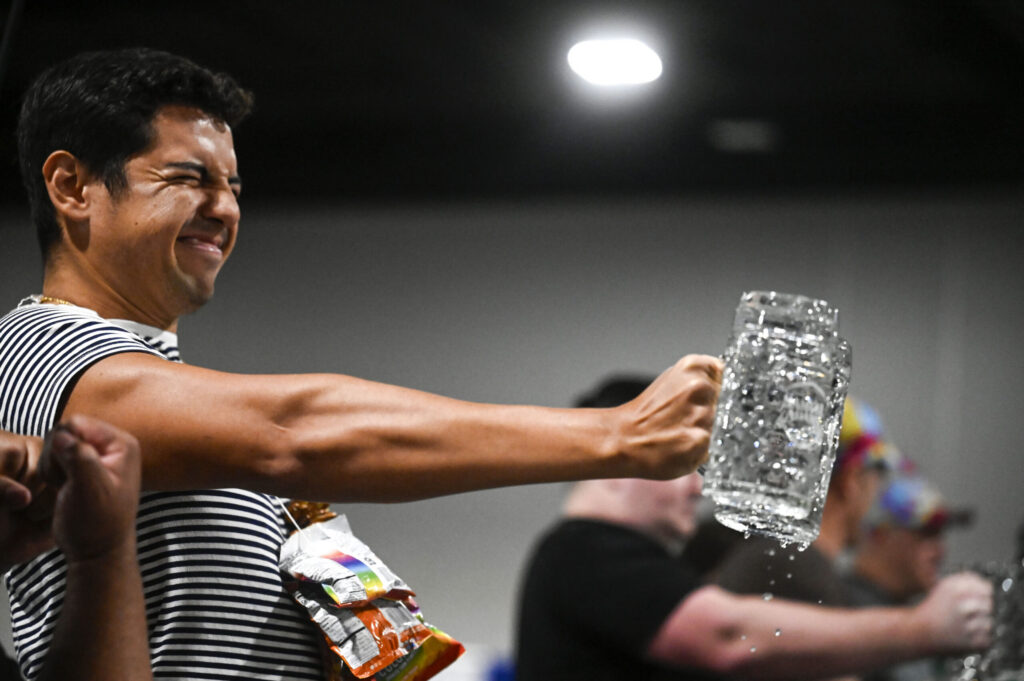Bill seeks privacy protection for health care workers, code enforcement officers, others
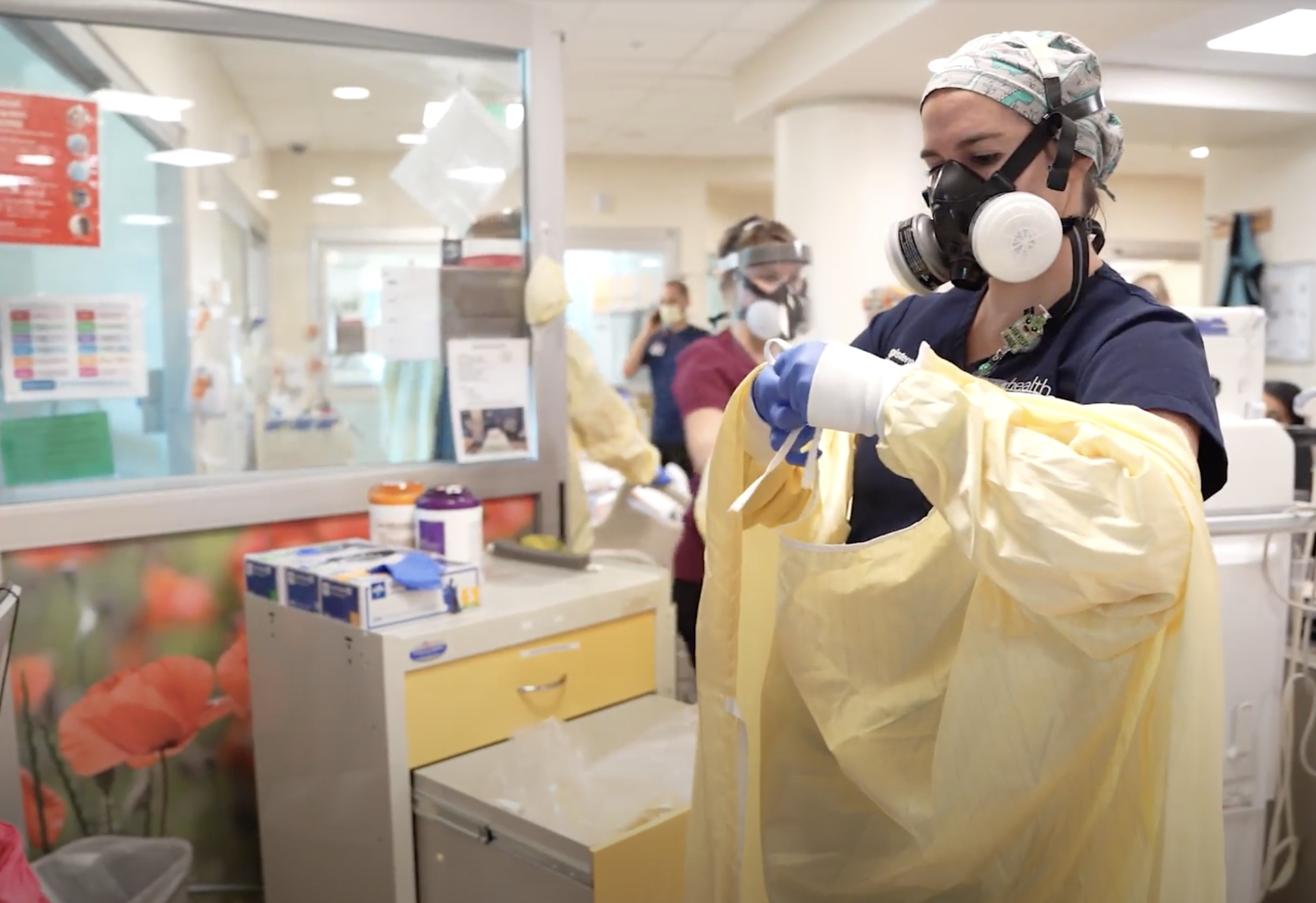
Last year, UCHealth adopted a requirement that transplant candidates be vaccinated against COVID-19. When Katherine Hamann, UCHealth’s kidney transplant coordinator, sent a letter to a patient outlining the change, her life was turned upside-down.
A legislator posted a photo of the letter online with Hamann’s name on it. Hamann instantly became the victim of a cyber mob, receiving hundreds of phone calls, emails and social media posts from people angry about her employer’s decision. Some of these included “detailed and graphic death threats” against Hamann and her family, she said.
“Even today, I fear that online vigilantes will find my information, such as my home address,” said Hamann, a registered nurse of 10 years. “I not only fear for myself but for my friends and family.”
Colorado lawmakers are now pursuing a bill that would allow individuals like Hamann to have their personal information removed from government websites after they receive threats to their safety. The measure received the House’s preliminary approval Friday. It will still need the chamber’s full vote.
If passed, House Bill 1041 would add health care workers – as well as code enforcement officers, child representatives and animal control officers – to the list of people who can request to have their personal information privatized after they or their family receive an imminent and credible threat. Personal information includes home addresses, phone numbers and email addresses.
“We’d like to offer them a reasonable protection,” said bill sponsor Rep. Colin Larson, R-Littleton. “While the public certainly has a right to interact with these people and protest what they think is unjust, they do not have a right to be personally harassing. … It’s just not something people should be dealing with in these professions.”
The bill would not prohibit access to records by county officials or certain other individuals if the access is related to a real estate matter, Larson said.
Hamann is far from alone in her experience with threats.
In September 2021, 31% of hospital nurses reported experiencing an increase in workplace violence during the COVID-19 pandemic, according to a survey by National Nurses United.
“The hospital near my hometown in Ozarks started handing out panic buttons to 400 nurses because assaults of nurses tripled after the start of the pandemic,” said Joshua Ewing, vice president of legislative affairs for the Colorado Hospital Association. “We are at a critical moment in our history and the future of our health care system is dependent upon the actions that we take today.”
The bill’s other sponsor Rep. Andrew Boesenecker, D-Fort Collins, said providing privacy protection for health care workers is essential to maintaining the workforce during the COVID-19 pandemic.
“Especially in these critical times, the role of health care workers in our community remains vital to our health as a body and we just feel like this is one of the things we can do to provide protections,” Boesenecker said. “Nobody deserves to be doing their job and be threatened as a result.”
During a committee hearing on the bill last week, several people from other professions also testified to how privacy protection would benefit them.
David Lewis, a code enforcement division manager with the Englewood Police Department, said his job has resulted in him and his family being put in danger.
In 2018, Lewis issued a summons to an establishment for zoning, health, safety and licensing code violations. The establishment turned out to be the site of illegal drug and weapons dealing by biker gang members and white supremacists, he said. One of the men followed Lewis from work and found his home address online, he said, adding the person drove outside his house at night revving his engine and posted his address on social media.
“I was berated in public and part of a public smear campaign,” Lewis said. “It further led to involving my family and seeking public records in reference to the adoption of my child.” His was family was also stalked – they were followed at a restaurant and then live-streamed as they were enjoying a day out as a family.
“I firmly believe that this legislation would’ve prevented this,” he said.
The House Public Health Care and Human Services Committee approved the bill, 11-2. Rep. Ron Hanks, R-Cañon City, and Rep. Dave Williams, R-Colorado Springs, voted no, with Hanks saying he believes privacy protections should be afforded to everyone equally.
